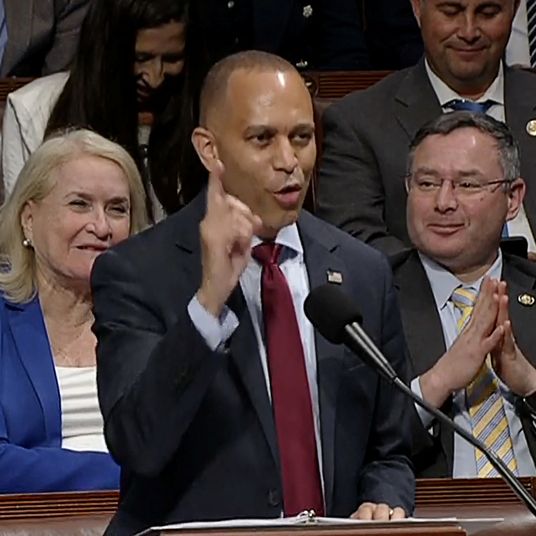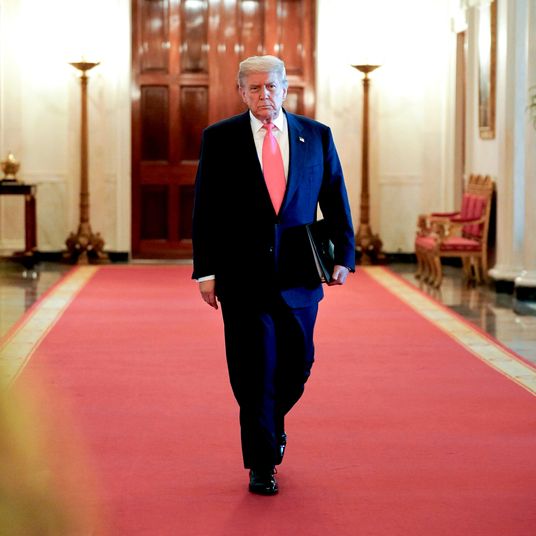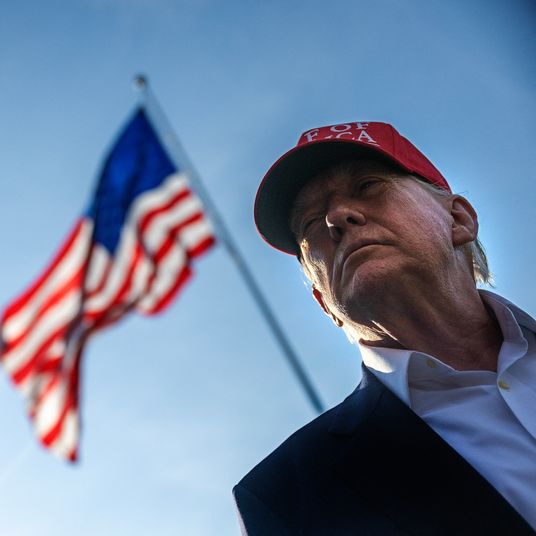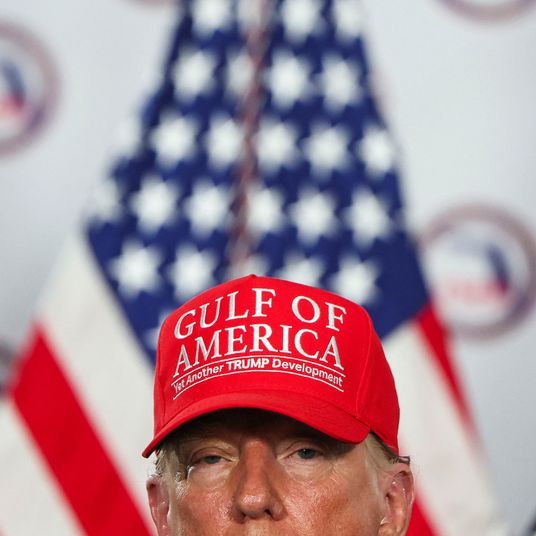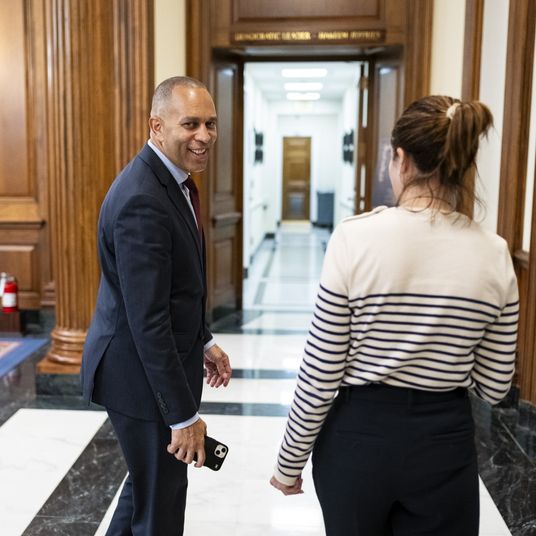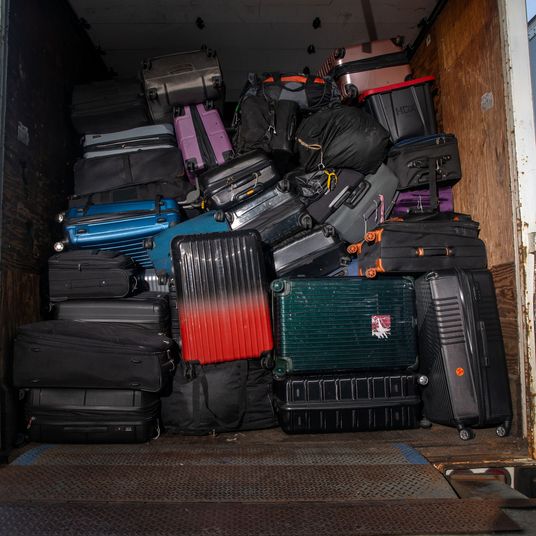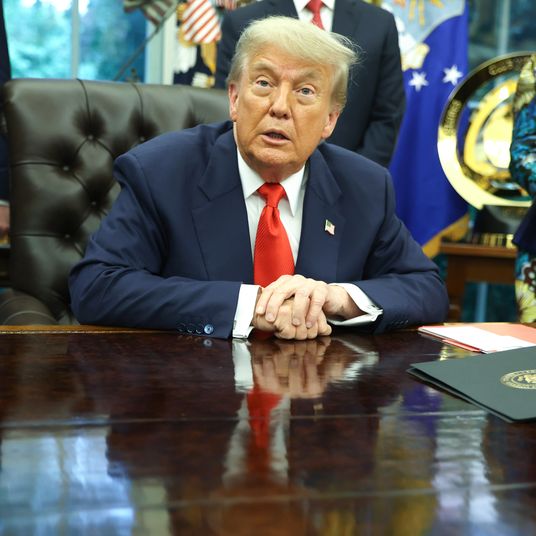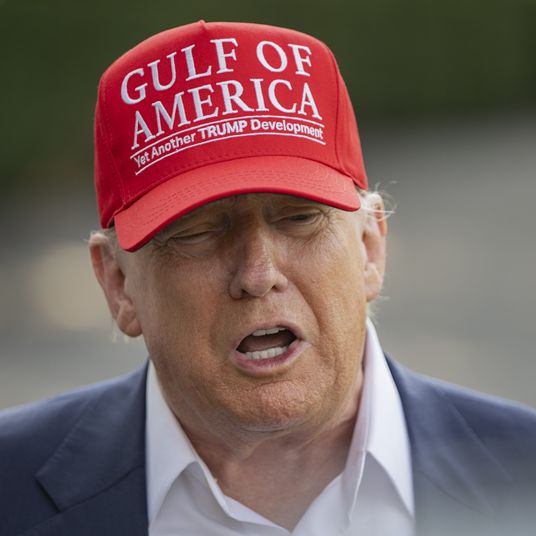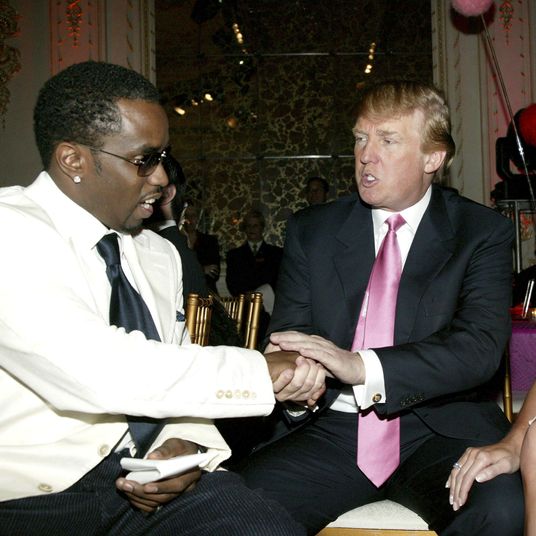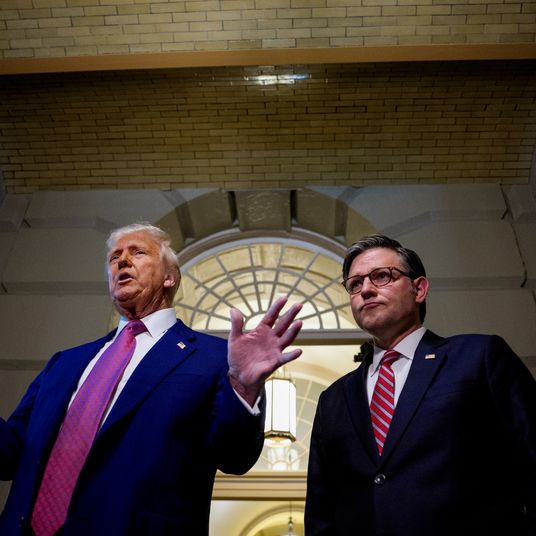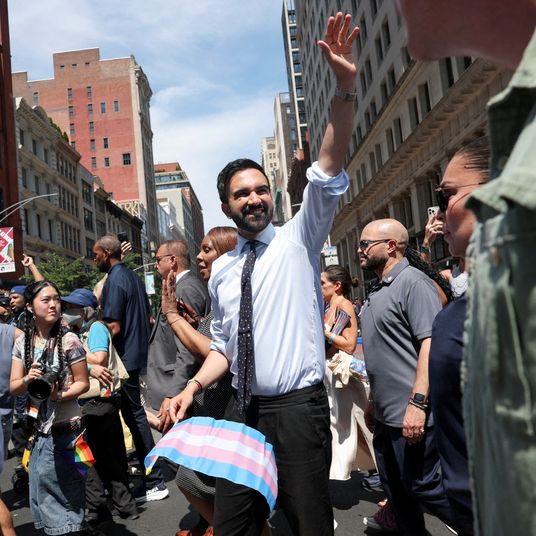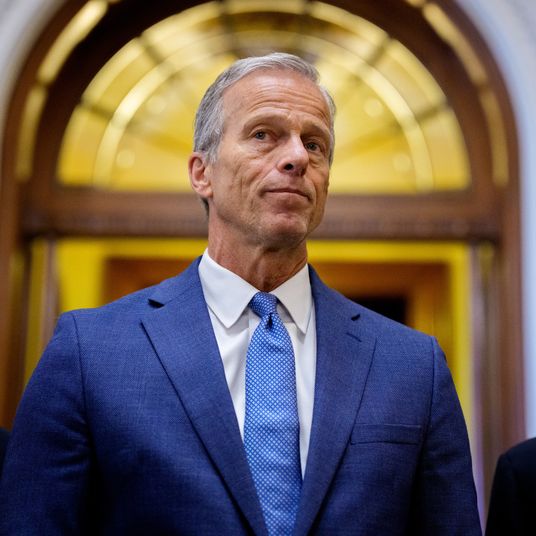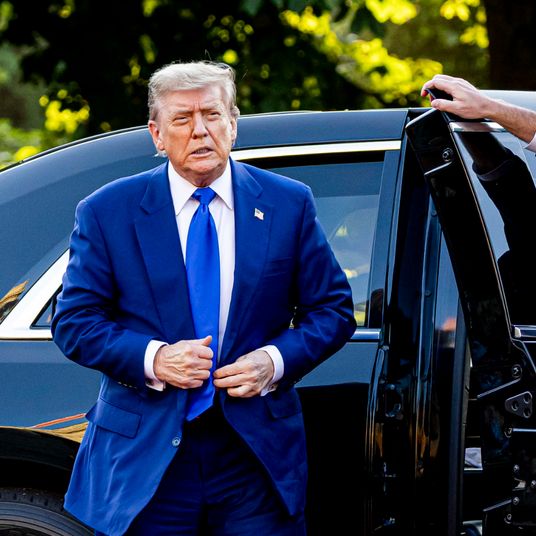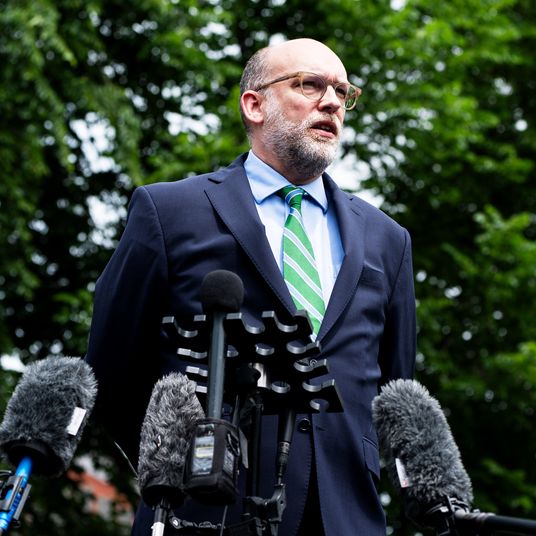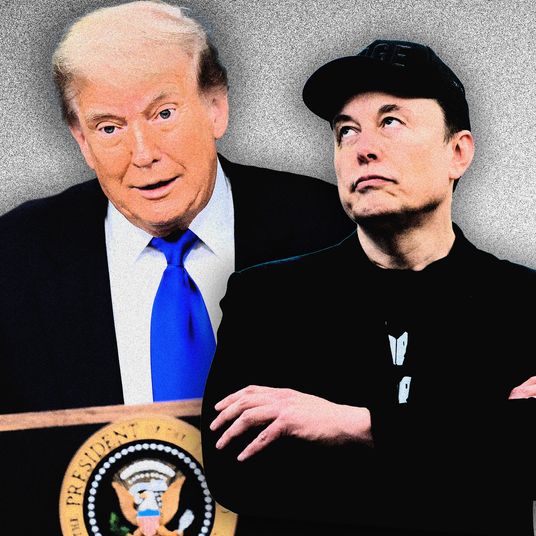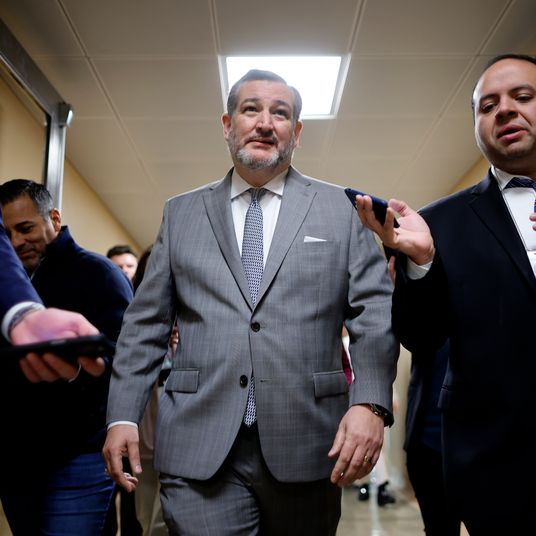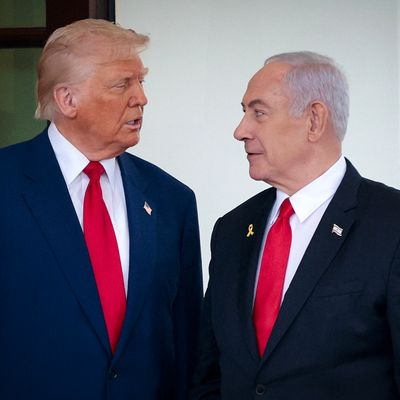
The cease-fire between Israel and Iran came into effect on Tuesday and appears to be holding, at least for now. The 12-day exchange of bombs and missiles between the two Mideast powers, with the U.S. backing Israel, concluded with an indecisive outcome in which all sides can claim some measure of victory. The clear winners, however, were Prime Minister Benjamin Netanyahu of Israel and — to a lesser extent — President Donald Trump.
Netanyahu’s ultimate goal in launching the military offensive against Iran remains unclear, whether it was to set back Iran’s nuclear-weapons program significantly, to destroy it entirely, or to foment regime change in Tehran. In those terms, all he has managed to do is delay Iran’s path to a nuclear weapon, perhaps while making the Iranian regime that much more determined to obtain one. Israeli military chief of staff Eyal Zamir said the operation “set Iran’s nuclear project back by years, and the same applies to its missile program,” but he also noted that Israel’s campaign against Iran is not over.
A preliminary U.S. intelligence assessment of the impact of the Israeli and U.S. air strikes suggests they may have delayed Iran’s nuclear program by less than six months, undercutting Trump’s claim over the weekend that it had been “obliterated” (Trump and the White House’s reaction to the leak of this classified report was predictably unhinged). That report and Israel’s initial damage assessments both suggest that the 30,000-pound “bunker buster” bombs the U.S. dropped on the heavily protected underground nuclear facility at Fordow did significant damage but did not destroy the site. Iran may also have managed to move more than 400 kilograms of highly enriched uranium out of the sites that were hit, and nobody is quite sure where that uranium is now.
Yet regardless of the long-term consequences of this war, both Netanyahu and Trump can and will boast of dashing Iran’s nuclear ambitions in a quick war with few Israeli and no American casualties.
To understand the political, diplomatic, and military dimensions of Netanyahu’s victory here, one must understand the past two weeks as the culmination of nearly a year of planning, preparation, and preliminary strikes on Iranian air defenses. It is also the product of Israel’s successful campaign to weaken Iran’s regional proxies, including Hamas in Gaza, Hezbollah in Lebanon, Bashar al-Assad’s regime in Syria, and the Houthis in Yemen, which had been Tehran’s primary means of threatening Israel and preventing this kind of large-scale attack. The degradation of Iran’s air defenses and proxy forces created an opening for the Israeli PM to do what he has wanted to do for decades: go in and smash Iran’s nuclear facilities as hard as possible.
The role of Iran’s proxy militias in this war is notable in that they did not participate at all. Hamas and the Houthis vowed to retaliate but so far have done nothing; Hezbollah explicitly said it had no such plans. Instead, Iran’s retaliation was limited to firing ballistic missiles at Israel and at the U.S. Air Force base in Qatar, most of which were successfully shot down. While state propaganda is spinning this retaliation as successfully forcing Tuesday’s cease-fire, the reality is that Iran was powerless to stop its two sworn enemies from violating its airspace, bombing its infrastructure, and killing its citizens.
Netanyahu may be delusional to think that exposing the Iranian regime’s weakness will lead to its overthrow, but demonstrating Israel’s strength will likely pay political dividends for him, both domestically and internationally. He also demonstrated his ability to persuade or manipulate Trump into taking military action, even if doing so was viewed skeptically or downright opposed by most Americans, including many of Trump’s core supporters.
If he wants, Netanyahu can now leverage this win to end the unpopular and profoundly destructive Gaza war, perhaps forcing Hamas into harsher terms now that its key benefactor has been largely defeated. Victory against Iran will give him a strong campaign theme if he calls a snap election, especially if he can also secure a cease-fire with Hamas and the return of the remaining hostages from Gaza.
Trump, for his part, flew to the NATO summit on Tuesday on a cloud of triumph, taking credit for both the success of the war (which was mostly Israel’s doing) and for the cease-fire that ended it (which was brokered by Qatar). NATO secretary-general Mark Rutte, fully aware of the president’s appetite for flattery, wasted no time in texting Trump congratulations on “flying into another big success,” adding, “thank you for your decisive action in Iran, that was truly extraordinary, and something no one else dared to do.” Trump, in turn, wasted no time sharing that text message with the public.
For Trump, Israel’s military operation presented an opportunity to join the winning side in a war and then share in the glory of victory. He can also claim, as Rutte suggested, to have taken a bold move against Iran where past U.S. presidents had hesitated. The political upside for Trump may not be as significant as for Netanyahu, since Iran is not a focal point of public concern here as it is in Israel, but the optics of victory feed into his preoccupation with projecting strength and dominance. It could embolden him, too.
This episode also shows what a free hand Trump will have in any other military adventures he chooses to embark on during the rest of his term. Congress long ago effectively ceded its war powers to the president, and leading Republican lawmakers have no interest in asking for them back. That, of course, makes a volatile president all the more dangerous, but it will be difficult for Democrats to argue that Trump should not have had the power to take an action that, on the surface, appears to have been a smashing success.
Appearances and optics are the keywords here because the consequences of this “victory” remain deeply uncertain. If Iran’s breakout time to a nuclear weapon has indeed been delayed by just a few months, it’s possible it will try to develop that weapon as quickly and covertly as possible as insurance against another humiliating war. Perhaps the U.S. or Israel will detect when Iran gets close to a bomb in time to intercede and bomb its nuclear facilities again, but what’s the plan there? Another mini-war every few months until Iran either capitulates or collapses?
In any case, the biggest losers here are the Iranian people, who are left with the trauma of war, a massive blow to their national pride and sense of security, and a government even more determined to prioritize its survival over their welfare. The regime may well take this opportunity to crack down on internal opposition, to arrest and execute political prisoners, and to tighten the grip of its military and paramilitary forces on Iran’s economy and society. Iran will remain economically depressed, internationally isolated, and increasingly dependent on its relationships with other rogue states like Russia and North Korea. The Islamic Republic may emerge as a greater, not lesser, threat to regional and global stability, as well as to its own people.
